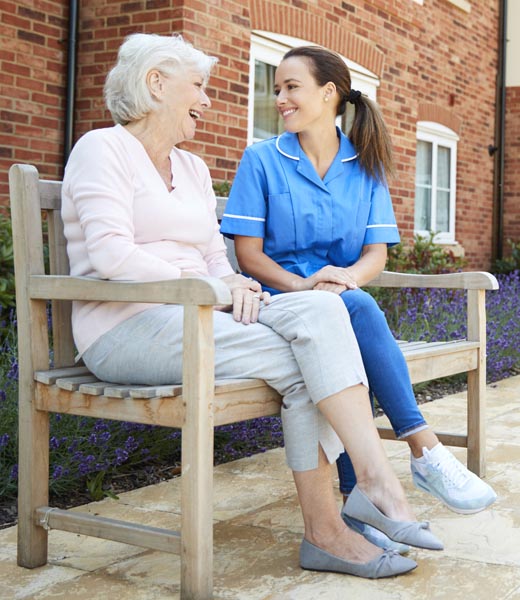Home Health Care Services for Elderly Adults in Bergen, Essex, Hudson, Morris, Somerset and Union Counties in New Jersey.
 The sad fact of life is as we age, our systems begin to break down and this process progresses over decades. Aging adults are faced with normal aging declines as well as chronic diseases that bring with them functional and cognitive impairments. Moreover, our five senses are victims of normal wear and tear and the elderly experience mild to severe declines in these areas. Of course, social changes result as well.
The sad fact of life is as we age, our systems begin to break down and this process progresses over decades. Aging adults are faced with normal aging declines as well as chronic diseases that bring with them functional and cognitive impairments. Moreover, our five senses are victims of normal wear and tear and the elderly experience mild to severe declines in these areas. Of course, social changes result as well.
There are many illnesses that are common to older and geriatric adults. As well, many geriatric patients have more than one chronic disease. According to some statistics 65% of Medicare beneficiaries have two or more of these diseases and 43% have three or more. Of course, those who suffer from more than one chronic disease are likely to be sicker and less able to be as independent as those who do not.
Furthermore, due to the aging process, the elderly suffer from immunosuppression. This is often caused by chronic inflammation and the body’s overall weakened capacity to fight infection which also results in slow wound healing. Healthy living like good nutrition, proper weight management, a proper level of exercise, low alcohol intake and no smoking all reduce many of the health risks associated with aging.
The Most Common Chronic Diseases for Seniors Include:
